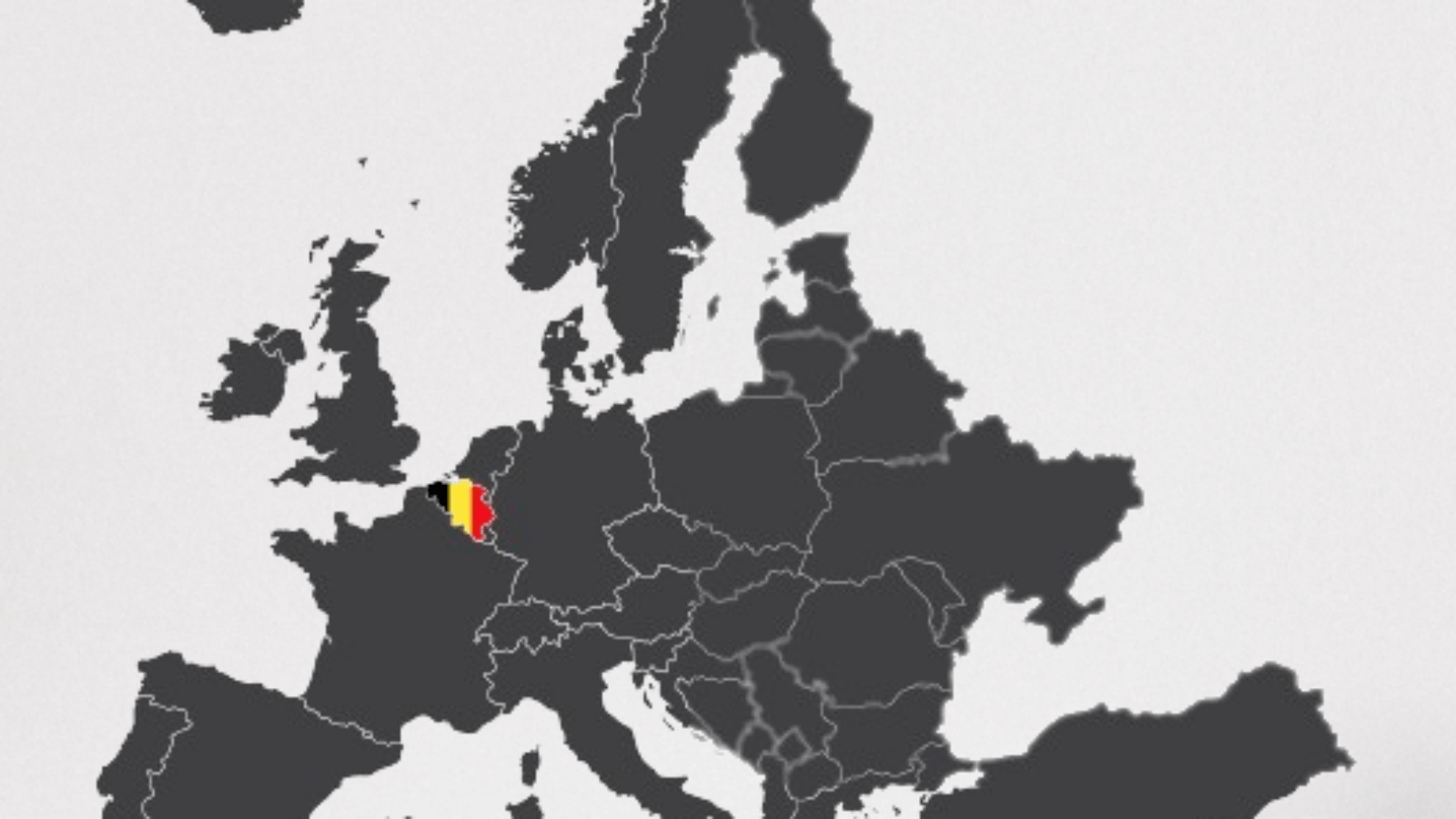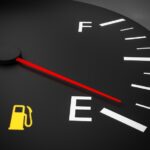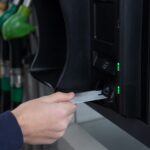What’s the essence?
|
What determines the price of petrol like Euro 95 and Super+
It is, to begin with, important to know that every working day de Belgian government decides upon a maximum price for fuels. This according to the programme agreement between the Belgian state and Energia (former BPF). Holders of petrol stations are not allowed to exceed the maximum price. Furthermore, the fuel prices you see at our network of MAES-stations, depend on several factors. These factors are the reasons why Belgium’s fuel prices differ from the neighbouring countries.
- The excise duty and VAT that the Belgian government imposes on fuels
- Economic conditions
- Storage and transport costs (distribution margin or reserve)
- Production costs
Excise duties and VAT in Belgium
Most of what you pay at our service stations, goes directly to the Belgian government. They levy taxes and excise duties on petrol. Although the excise duties and VAT are often mentioned in the same breath, there is a significant difference between the two. The VAT is a percentage of the gross price, in the case of fuel, this is 21%. An excise duty, on the other hand, is an extra charge on soda, alcohol, tobacco, fuel and more and is to discourage the consummation of these products. The excise duty is a fixed amount and is incorporated in the selling price. In other words, when you buy fuel at the service station, the excise duty will go directly to the tax department.
So, depending on the VAT and excise duties in a country,Belgium’s fuel prices differ from other countries. Because the VAT and excise duty is a bit lower in Belgium than in The Netherlands, Germany, and France, we are a bit cheaper. But attention! This applies to petrol, such as Euro 95 and Super +, Diesel is a bit cheaper in our neighbouring countries. Another side note is that in Luxembourg, there are almost no taxes and excise duties on fuel, which leads to a much lower fuel price.
Economic and geopolitical circumstances
Of course, economic circumstances play a role in the determination of the oil prices. The price of crude oil depends namely on a couple of supply and demand factors. The most important demand factor is the OPEC, the Organizations of the Petroleum Exporting countries. This organization was created to regulate the oil production through quota. Further on, allowing OPEC members to get a good price for their oil and not sell at a rock-bottom price. However, there are three major countries that are not currently members of OPEC yet produce a lot of oil, namely Canada, China, and the US. With the growth of industry in these countries, OPEC has seen a small decline in influence in recent years.
A key demand factor why Belgium’s fuel prices differ, is the US dollar exchange rate. We live in a euro country, but oil is in fact bought and sold in US dollars. As a result, the exchange rate between the US dollar and the euro also affects oil prices.
Furthermore, geopolitical factors such as wars, like the current conflict in Ukraine, also have a strong impact on fuel prices. Indeed, the war causes oil prices to fluctuate very sharply, which naturally translates into higher prices at our pumps.
Our good advice?
On your way to France, Germany, or the Netherlands, be sure to stop at our latest filling stations to fill up your tank with petrol at a competitive price before you cross the border. Our stations at the borders include Shell Büllingen and Esso Essen.


